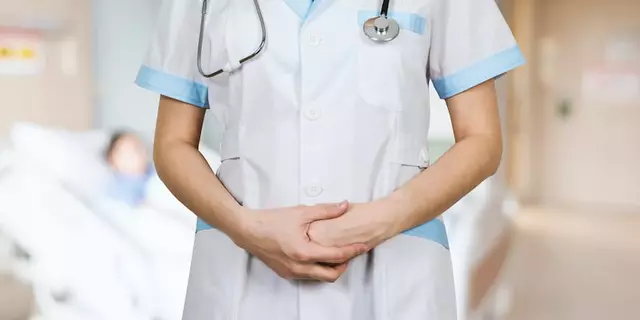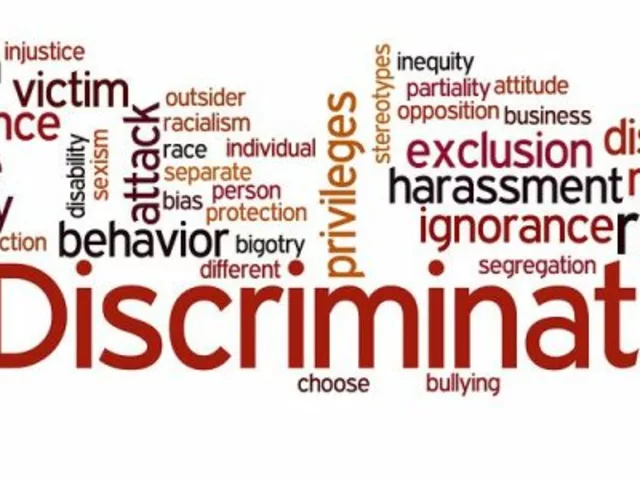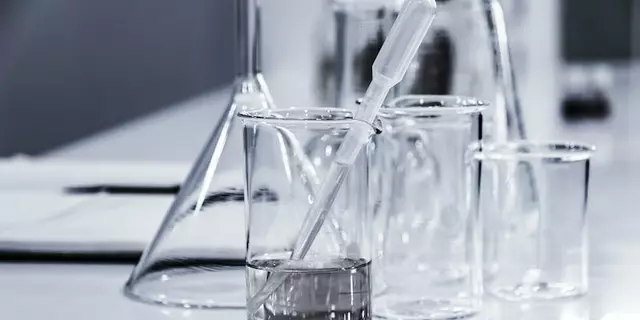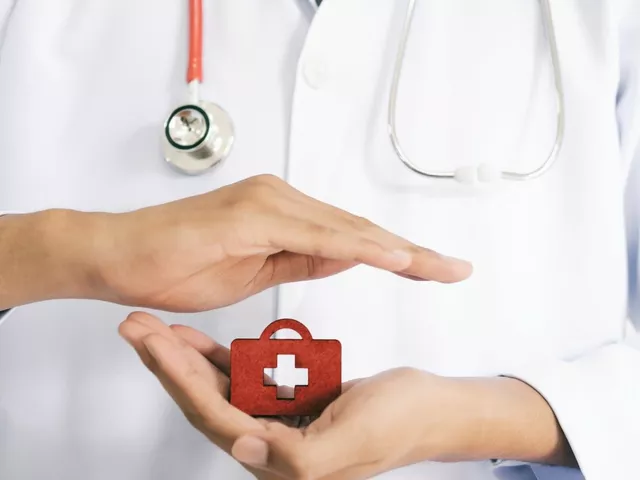Medications: Safe Use, Storage, and COVID Guidance
Most people take at least one medication every week, yet mistakes happen all the time. This page gives straightforward, practical advice about using medicines safely, spotting dangerous interactions, storing and disposing of pills, and what to do if you test positive for COVID-19. Read these tips and use them with your doctor or pharmacist to stay safe.
How to use medicines safely
Follow the label and your prescriber's directions. Take the right dose at the correct times. If a label is unclear or you miss a dose, call your pharmacist for guidance rather than guessing. Never double a dose to make up for a missed pill unless a healthcare professional tells you to. Use a pill organizer, set phone alarms, or tie medication times to daily habits like meals.
Know the difference between prescription and over the counter drugs. Even over the counter pain relievers and cough medicines can interact with other prescriptions. Before starting any new supplement or herbal remedy, check with a pharmacist. Some supplements change how prescription drugs work or raise the risk of side effects.
Keep a current medication list. Include drug names, doses, why you take them, and any allergies. Bring this list to every appointment and update it after hospital visits. This helps doctors avoid harmful combinations and choose safer alternatives when needed.
Storage, expiration and disposal, plus COVID-19 treatment tips and warnings
Store medicines in their original containers so labels and instructions stay with the drug. Most pills do fine in a cool, dry place out of reach of children and pets. Avoid storing medicines in the bathroom where humidity can speed up breakdown. Check expiration dates and throw out medicines past their date.
Dispose of unused or expired drugs safely. Many pharmacies and community centers run take-back programs. If none are available, mix pills with coffee grounds or cat litter, seal in a bag, and toss in the trash. Remove or scratch out personal information on the packaging before throwing it away.
If you test positive for COVID-19 and are at higher risk because of age or health conditions, talk to your doctor promptly about approved treatments. Some antiviral medicines work best when started early. Vaccines and boosters remain the best defense against severe disease. Avoid unapproved or unproven remedies and do not share prescriptions with others.
Watch for red flags. Severe allergic reactions, sudden swelling, trouble breathing, fainting, high fever that does not respond to common drugs, or signs of liver trouble like yellowing skin need urgent care. Call emergency services or go to the nearest emergency room if you experience these symptoms.
Pharmacists are a great resource. They can check for interactions, explain side effects, recommend ways to manage minor reactions, and suggest cheaper alternatives. Ask questions. A few clear questions today can prevent a serious problem tomorrow.
Keep emergency contact numbers and a printed medication list in your wallet. Review insurance coverage for prescription costs and ask about generic options to save money.
How do you feel about your medical health care?
Posted by Finnegan Beckett On 30 Jan, 2023 Comments (0)
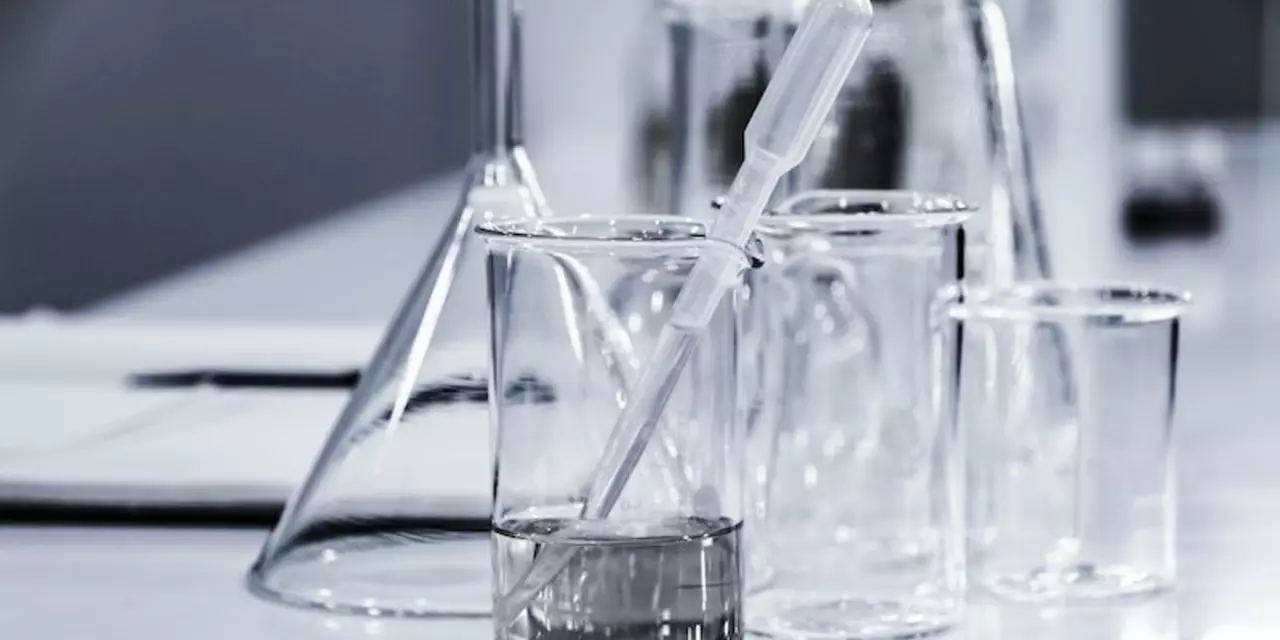
I feel good about my medical health care. I receive regular checkups by my primary care physician and specialist doctors, so I'm aware of any health issues that may arise. I'm also able to get medications and treatments I need, and I'm comfortable communicating with my health care providers. I'm confident that my medical health care is helping me stay healthy and active.

